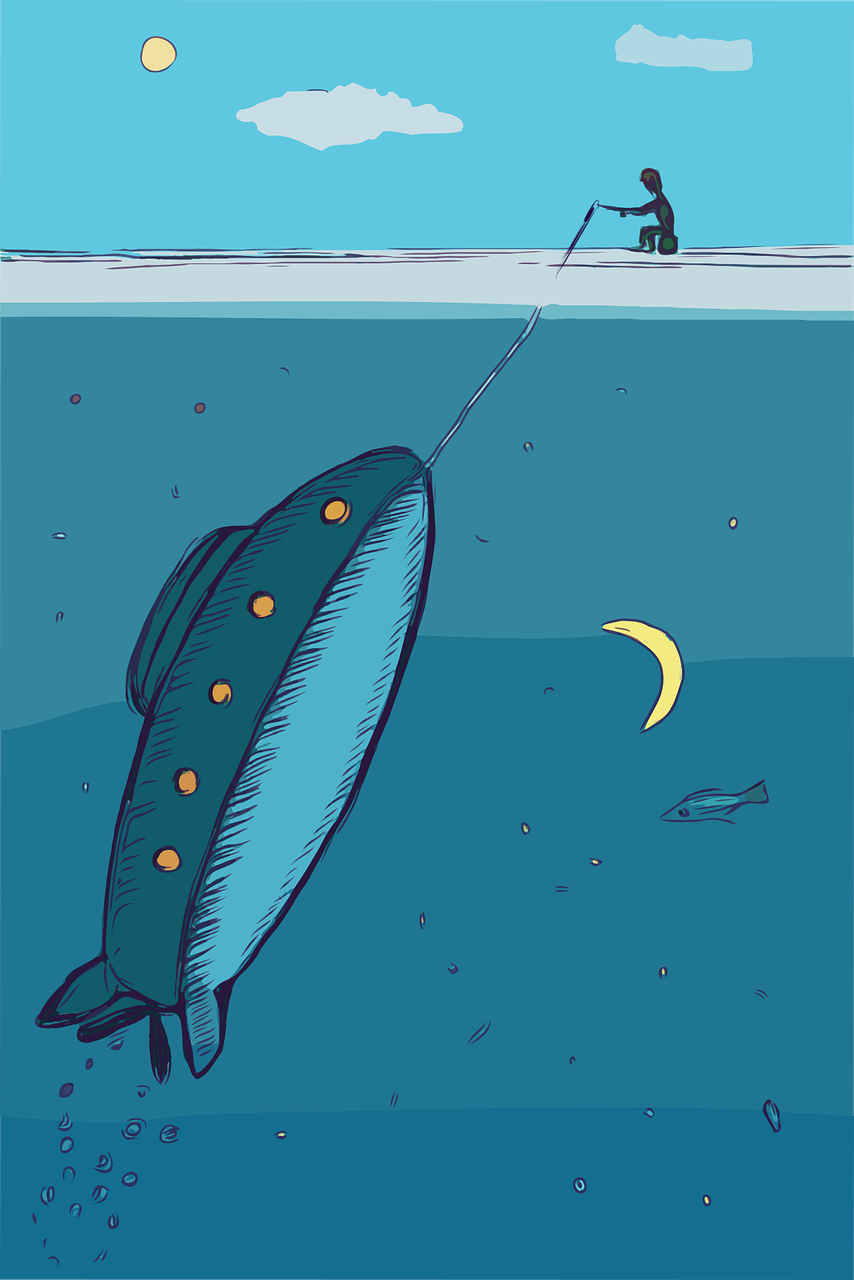The fear of driving is often isn't just about a specific situation, like merging onto a highway. It can be fueled by a cycle of negativity and obsessive anxieties, often linked to OCD. Thankfully, manifestations of negative thinking, OCD, and their relationship to the fear of driving are not beyond the curative power of our potent therapeutic trio - Hypnosis, NLP, and TLT. But before we consider how these therapies can help, let’s beam some expository light on how the three elements of negative thinking, OCD, and the fear of driving intertwine.
Read moreWhat Is Anxiety? Unraveling The Often Misunderstood Emotion
According to The American Psychological Association (APA), anxiety is an emotion whose chief characteristics include feelings of tension, worrisome thoughts, and physical symptoms such as high blood pressure.
It is a condition that could cause fear, recurring intrusive thoughts, apprehension, restlessness, and excessive nervousness. These feelings are usually disproportionate to the actual trigger.
A person suffering from deep anxiety might choose to avoid some situations because of worry. Also, they might display physical symptoms like a rapid heartbeat, trembling, sweating, dizziness and sleeplessness.
Different people experience anxiety in different ways. For some, it might be butterflies in your stomach or a racing heart kind of situation. But for others, they might feel out of control or a disconnect between body and mind. Anxiety symptoms could also include panic attacks, nightmares, or uncontrollable, painful memories.
Read moreSeries Irrational Responses article 7 of 10 Trauma
Trauma is defined as the response to a major disturbing or distressing event that overpowers a person’s ability to cope with the drama. Studies have indicated that it is inevitable that everyone will experience trauma at some stage in life. This may cause irrational feelings of helplessness, frustration, and
Read more


